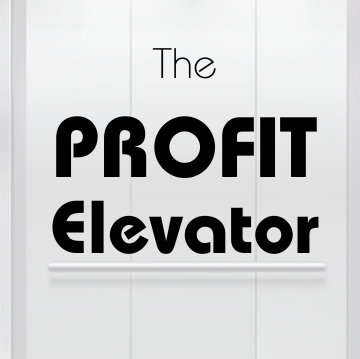
Out of Africa
The small group hypothesis says we are all descended from a few hundred people out of Africa. The resulting physical differences between us are irrelevant. Skin deep.
Yet brain plasticity, its ability to rewire, means that a wide range of experiences shape our thinking through inherited and developed traits. Most of us assume that others see the world the way we do. This is the origin of consensus bias and groupthink.
There are many theories about emotional responses. The easiest to understand and adopt identifies four adaptive strategies. Responding appropriately to each makes us better managers, sales people and partners.
Let’s take a look.
Resistance to Change
Adaptive strategies are the internal narratives we adopt to avoid making a change. The core behaviours are:
A lack of trust triggered by a desire to be in control
Absence of belief as a result of needing others’ approval
Dismissal of the evidence based on bias about facts and figures
Staying busy with multiple tasks due to an inability to focus or prioritise.
Founders tend to be type 3, known as calculators, focused on data and details.
Type 1 are organisers and make excellent number twos, chiefs of staff and assistants. Founders love to delegate to a trusted person, who will most likely be type 1.
Type 2 make great teammates. Teams function at the pace of their slowest member and pleasers ensure that everyone is engaged.
You give more work to type 4 people. The phrase “if you want something doing, give it to a busy person” was invented for multitaskers.
Founders are people with an idea. They aren’t necessarily scientists but tend to think scientifically. They also think that other people do the same.
Imagine you are running an enterprise sale with a large corporation. You have engaged users and an internal champion pushing your cause. But the deal stalls because the client’s technology team questions your data.
The wrong way to address this is to argue the numbers. Two calculator types going head-to-head about who has the best data gets nowhere. You need the skills of other types to diffuse the objection.
Calculators are focused while multitaskers struggle to prioritise. These two types complement each other. The multitasker finds a way to work with the calculator that keeps them happy.
Too many managerial issues go unresolved because of a disagreement over details between two people of the same type. Adaptive strategies are reinforced and resolution becomes harder.
Too many sales opportunities are lost because you cannot recognise the character you are dealing with and don’t address them appropriately.
Exercises in Understanding
Managers must understand the people they work with. Ask them to rank these four questions to begin exploring their adaptive strategies.
It is important to be organised and efficient
It’s important to be aware of the feelings of others
It’s important to be sure of the facts and figures of a case
It is important to be open-minded and to try out new things.
When you make a presentation you must appeal to all four character types to get your message across. You do this through words, different tones of voice and varying body language. I am grateful to Andy Harrington of the Professional Speakers Academy for this understanding.
You must do the same in your marketing. This is the reason why different types of posts and adverts work. Your A/B tests uncover a particular personality type attracted to your product. But you limit the audience if you go all in on one type of content. Keep experimenting.
When selling you must identify the type of person you are dealing with. Each of the four adaptive strategies aligns with a common sales objection using the BANT system – Budget, Authority, Need and Time.
Successful Business is People Skills
You don’t need a degree in psychology to have great people skills. But you do need to appreciate that we are all different and a mixture of moods, traits and experiences. Typically we have one dominant adaptive strategy that we fall back on.
Your technology is not your business. Neither is your product. Both are vehicles for your business skills, which are your people skills.
I'm Simon Maughan and I write The Profit Elevator as a guide for smaller businesses to accelerate growth. Adaptive strategies are part of The Diversity Development Method in my P.R.O.F.I.T. Through Process programme.
If you enjoyed this edition please share it with a colleague or friend.
